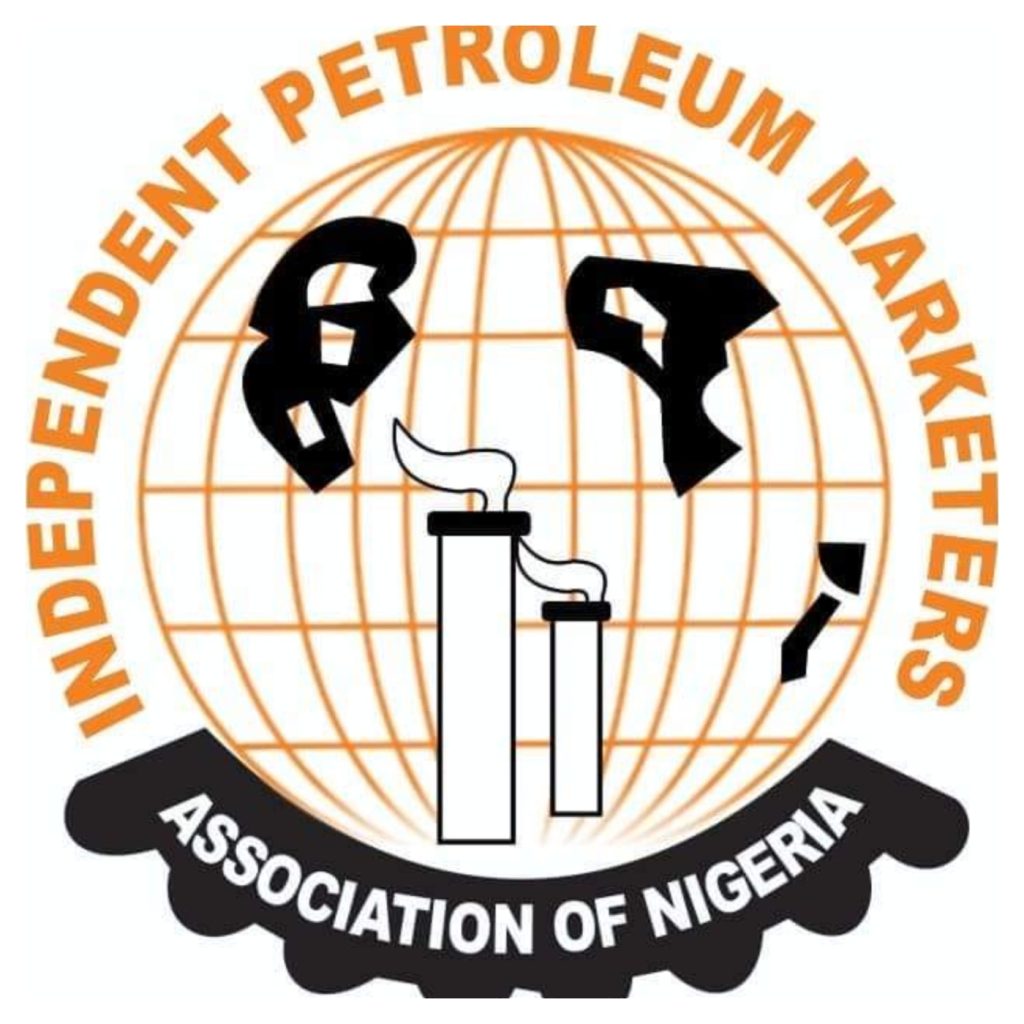The Nigerian fuel market is experiencing a major shift as independent marketers move away from the Nigerian National Petroleum Company Limited (NNPCL) to get better deals elsewhere. This change is happening due to a price war between NNPCL and Dangote Refinery, making fuel marketers rethink their business strategies.
The Independent Petroleum Marketers Association of Nigeria (IPMAN) recently confirmed that many of its members are switching from NNPCL to other suppliers. This decision follows Dangote Refinery’s recent move to lower its ex-depot price of premium motor spirit (PMS) from ₦950 to ₦850 per litre.
For a long time, NNPCL was the main supplier of petrol in Nigeria, and fuel marketers had to work with them to ensure a steady supply. However, with Dangote Refinery and other competitors now offering lower prices, marketers are looking for better opportunities to maximize their profits.
The shift is already visible in Lagos, particularly along the Lagos-Ibadan Expressway. Several filling stations that were once branded under NNPCL have dropped the name and are now aligning with other suppliers. Some marketers have even switched to MRS, which is selling fuel at a more competitive rate.
IPMAN spokesperson Chinedu Ukadike explained that marketers are making these changes because NNPCL is no longer the only major importer of petrol. Since the market is now more open, businesses are naturally moving toward partnerships that offer higher returns.
The competition between NNPCL and Dangote Refinery is reshaping the country’s oil sector. The reopening of the Port Harcourt and Warri refineries has also added more supply options, giving marketers more choices.
As a result, more marketers will likely shift away from NNPCL if they find better pricing elsewhere. This change could bring down fuel prices for consumers in the long run.
So far, NNPCL has not commented on the situation. However, with many marketers looking for more affordable options, the company may need to adjust its pricing strategy to stay competitive.
For now, the Nigerian fuel market is becoming more dynamic, and businesses are adjusting to take advantage of better deals.







